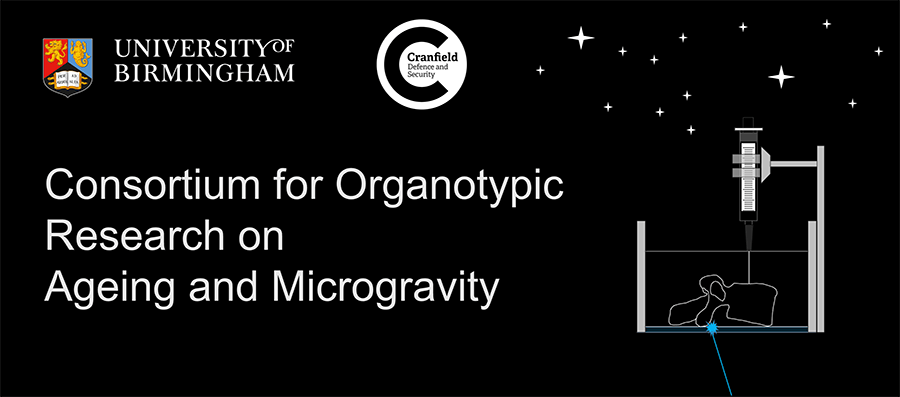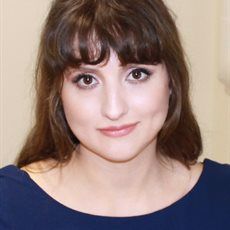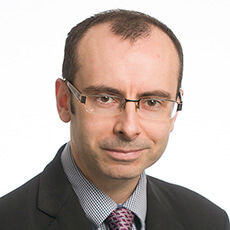Consortium for Organotypic Research on Ageing and Microgravity

We are investigating how extreme environments affect human biology
Projects will range from studying tissue loss in a simulated microgravity environment through to the shock response of tissues, representative for tissue degeneration and damage during ageing, injury and disuse.
Our consortium has been designed as a collaborative platform for knowledge and skill transfer and draws together skills and expertise from across the UK to study the effects of extreme environments on human biology. It brings together academics from several biological and engineering backgrounds, including tissue engineering, space physiology/biomedicine, shock physics, materials behaviour and analogue field research.
Our capabilities include advanced biofabrication and tissue engineering technologies for multi-phase construct generation, bioprinting of cells and matrices, bioreactors for dynamic culture and simulating orbital buoyancy; together with a range of equipment for impact testing and launching materials at high velocities (at Cranfield University, an MoD training establishment).
Launch event
20 May 2022
Institute of Physics, London, UK
This is the first in a series of events organised by the consortium, which will commence with talks from the founders, followed by a networking event.
Book your place
Team
 Dr Alexandra Iordachescu
Dr Alexandra Iordachescu
Consortium Lead and Principal Investigator
School of Chemical Engineering
Email: a.iordachescu@bham.ac.uk
 Professor Gareth Appleby-Thomas
Professor Gareth Appleby-Thomas
Professor of High Strain-Rate Material Response for Defence Applications
Head of the Centre for Defence Engineering
Survivability & Advanced Materials
Email: g.thomas@cranfield.ac.uk
Partners
University of Birmingham
Cranfield Defence and Security
Contact
To discuss opportunities to work with us, please contact Dr Alexandra Iordachescu, Consortium Lead, at a.iordachescu@bham.ac.uk.